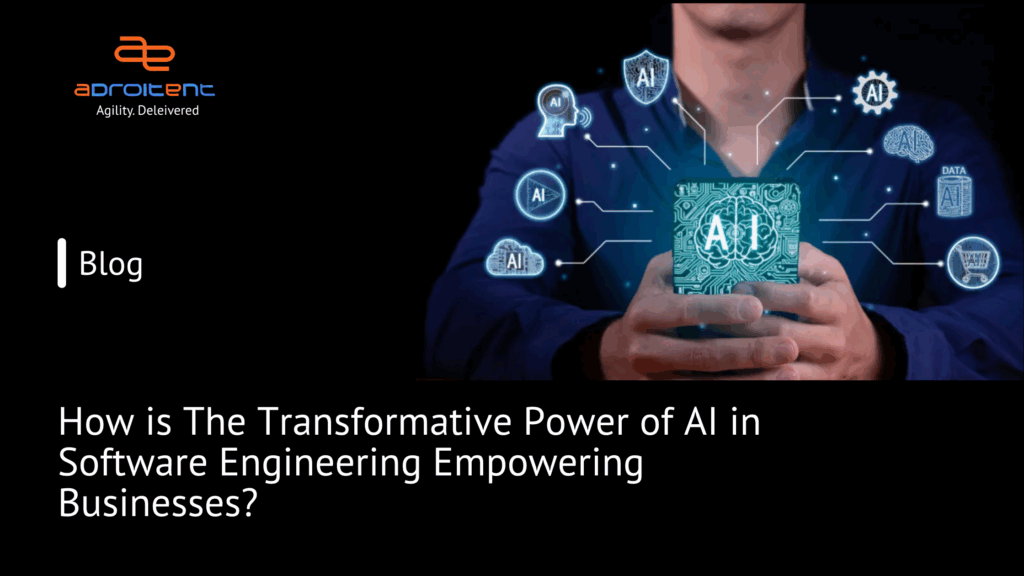Seamless IT Support Services For a Leading Dental Brand in the USA
Seamless IT Support Services for a Leading Dental Brand in the USA Helped Enhance Operational Efficiency and Improve Global Operations About the Customer The customer is a global family of over 30 trusted dental brands, united by a shared purpose: to partner with professionals to improve lives. Headquartered in California, USA, the company helps its partners deliver the best possible patient care through industry-leading products, solutions, and technology. The customer’s comprehensive portfolio includes dental implants and treatment options, orthodontics, and digital imaging technologies, covering an estimated 90% of dentists’ clinical needs for diagnosing, treating, and preventing dental conditions as well as improving the human smile. Business Challenge As the customer expanded its global operations in different regions, there was a growing need to provide robust IT support services to both its internal teams and its customers. Some of their business requirements were: Manage IT support for a diverse range of hardware and software assets, including laptops, mobile devices, and internal applications. Implement standardized processes for role-based access management across various departments and applications. Provide timely support for over 400 applications, including SAP, Oracle, Microsoft, ERP, SaaS, Business Intelligence tools, ServiceNow, etc. across varied departments. Establish a knowledge base to assist internal teams and customers in resolving common IT issues on the go at a faster pace with minimal downtime. Solution Delivered Adroitent partnered with the customer to provide comprehensive IT support services for the customer’s global operations. A dedicated team, comprising engineers and senior engineers, was established to manage daily operations and support requests. Key responsibilities included: Providing hardware and software support for laptops, mobile devices, and internal applications. Managing role-based access by creating accounts and providing access based on user roles, following ITIL best practices. Handling support requests for various applications, ensuring timely resolution and minimal downtime. Developing and maintaining a knowledge base with over 200 articles to assist users in troubleshooting common issues. Tools/Technologies Leveraged ServiceNow for IT service management and ticketing. SAP and Oracle for enterprise resource planning. Microsoft applications and tools. Various ERP, SaaS, and Business Intelligence applications. Internal customer applications: Providing support for proprietary internal platforms. Business Outcomes The collaboration between the customer and Adroitent led to significant improvements in IT support services: Scalable support: The structured IT support approach ensured the customer to efficiently scale its IT support operations to accommodate growth and regional requirements, which enhanced service quality across its global footprint. Minimized downtime: Teams established a first point of contact (POC) for IT support that ensured prompt response to outages and support requests. Faster incident resolution and proactive monitoring led to reduced system outages and productivity improvement. Quicker ticket resolution: Teams resolved around 120-150 tickets per day, with 200 tickets in progress, and efficiently handled support requests quickly. Streamlined IT support operations: Standardized IT support workflows and automation reduced manual errors and inefficiencies during ticket resolutions. Knowledge base: Support team developed a comprehensive knowledge base with 200 articles that significantly reduced the time to resolve common issues and empowered users with effective resolution options. Enhanced operational efficiency: By standardizing processes through ITIL, the customer achieved greater efficiency in IT service delivery, leading to faster resolution times and improved resource utilization across its global operations.
Seamless IT Support Services For a Leading Dental Brand in the USA Read More »


